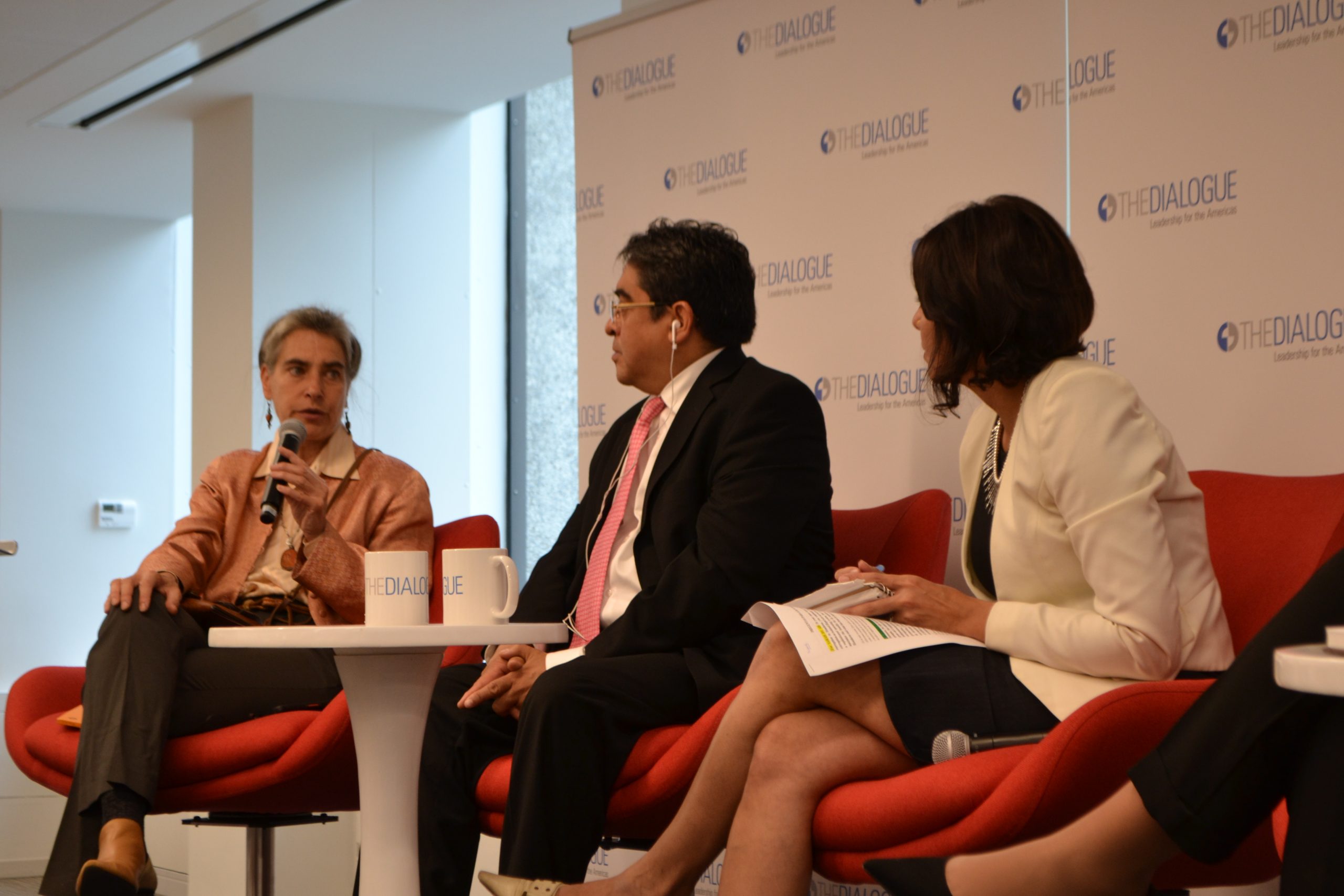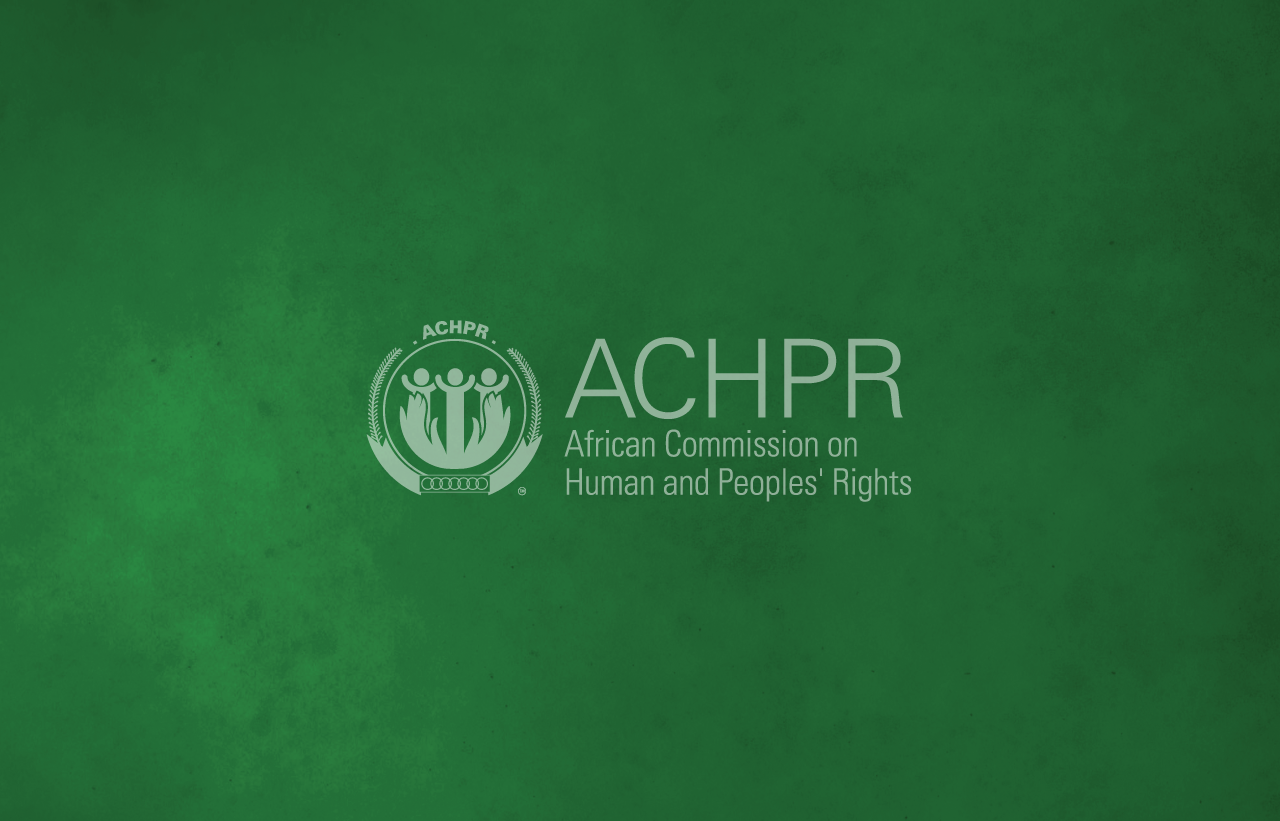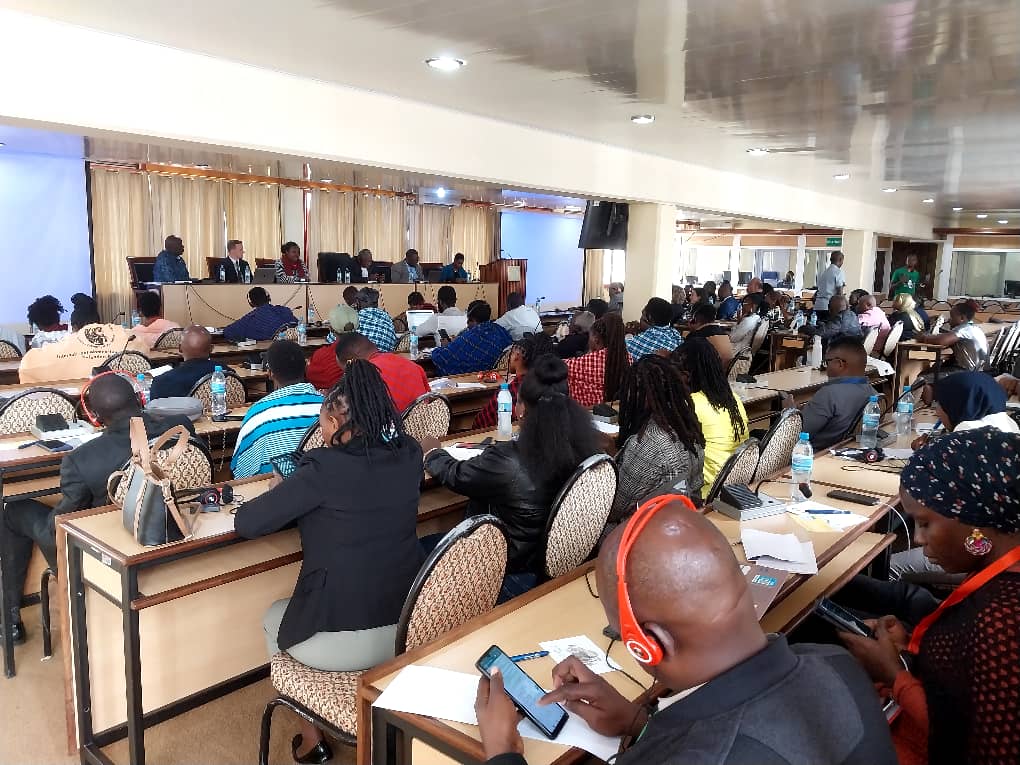Threats and attacks to human rights defenders and to civic freedoms are increasing concerns globally. A large number of HRDs are under threat and attack because they raise concern about adverse human rights impacts of business operations, often in the context of development projects that affect access to land and livelihoods. At the same time, the space for civil society actors to raise concerns about human rights impacts is being restricted, and HRDs face criminalization when engaging in public protest or civil dissent.
The Guiding Principles on Business and Human Rights: guidance of ensuring respect for human rights defenders is the UN Working Group on Business and Human Rights’ response to the increasing risks to the life and security of human rights defenders, says Anita Ramasastry, member of the UN Working Group on Business and Human Rights. The UN Guidance is important because it goes beyond the Guiding Principles, considering specific risks to human rights defenders and proactive measures that the private sector can carry out to mitigate risks and enable a safe civic space.
Despite the policy efforts and the development of international frameworks for protection of human rights defenders, Josefina Tunki, President of Shuar Arutam People, reminded us that good intentions and policy papers are not enough to protect her. Josefina described how she and the the Shuar Arutam People suffered harassment, intimidation and death threats, while the State of Ecuador did not provide the required protection or access to remedy. Three indigenous leaders have already been killed and she considers her life to be in danger. Sadly, this is a growing trend among local communities in the Latin-American region.
The UN, in its new guidance document, calls on businesses to think beyond the safety of human rights defenders and act preemptively by carrying out due diligence and anticipating potential risks to defenders. Beyond this, they must provide access to remedies and identify solutions. The use of judicial actions against human rights defenders, stigmatising and criminalising their work, becomes incompatible with any notion or responsible business, respect for human rights or sustainable operations. SLAPP lawsuits are used to silence defenders and constitute an unlawful vehicle to limit freedom of expression and assembly..
The UN Guidance calls on businesses to intervene when their partners or investors threaten or harm defenders. Ramasastry says, “when we say businesses need to do more, this does not mean the company is causing the harm, but sometimes it is the connections between companies.” Companies can no longer hide behind complex international supply chains or a network of subsidiaries owned by authoritarian leaders. Businesses have a responsibility to understand the complexities of the countries where they invest, to examine the suppliers they buy from, and to take into consideration the potential for impact associated with operating in countries where governance is weak and the rule of law is fragile.
The importance of consultations between businesses and human rights defenders was highlighted by Antonia Urrejola, President of the Inter-American Commission of Human Rights who highlighted that States have an obligation to adopt policies protecting human rights defenders and to remedy any violations. States need to establish a clear framework for businesses involved in abuses against human rights defenders.
The UN Guidance identifies human rights defenders as key stakeholders calling on businesses to consult with them as they are “a voice for affected stakeholders and communities, as watchdogs, advocates and often providers of early warnings of human rights risks and adverse impacts.”
Edgardo Rodriguez, Director of Human Rights of the Ministry of Access to Justice and Human Rights of Peru said that States should adopt a policy for the protection of human rights defenders and improve defence systems for those defending indigenous communities, LGBTI and other minority communities.
María Fernanda Garza Merodio, the Vice President of the International Chamber of Commerce said it is very important for businesses to commit to future legislation and the exchange of good practices as coherent measures are required. ICC has recently created a Working Group on Business and Human Rights to advance the institution’s work on this domain.
Dante Pesce, member of the UN Working Group on Business and Human Rights concluded the event highlighting that, by now, ten years after the creation of the UN Guiding Principles on Business and Human Rights, there is a “clear diagnosis” of the issue, and that the conversation should be moving beyond the diagnosis to finding solutions and concrete, effective actions. It is time for implementation.
To watch the full recap of the multi-stakeholder dialogue, click here.




